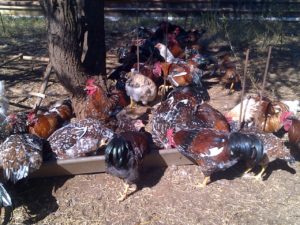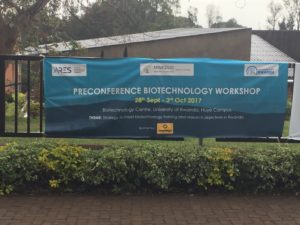
This past summer, I visited the county fair and stopped by the animal barn to look at some of the poultry on display. Specifically, I wanted to see examples of the breeds of chickens available that I may be interested in adding to my flock. Rather than each chicken in their display cage being labeled with a bird’s breed, each cage listed the geographic origin of the chicken within such as Asiatic, Continental or American. This did not benefit my search for potential new members of my flock, but intrigued me enough that I wanted to find out how my flock of 19 hens and pullets would be characterized. Using the classes delineated by the Wisconsin State Fair, my feathered ladies break down to 12 American, 4 English and 3 Continental chickens. There are also classes for Mediterranean and Asiatic (and Other). I live in a part of the United States that gets cold, snowy weather for what seems like six months out of the year, weather that my chickens seem to take in stride. But in other places in the world, heat is the name of the game for the poultry strutting there. In a Genes, Genomics, Genetics publication, Fleming et al. wanted to know if there were genetic differences in Northern European and African chickens that might be caused by their environment.
Continue reading “Hot Wings and Snow Birds: A Study of Genetic Selection in Chickens”
